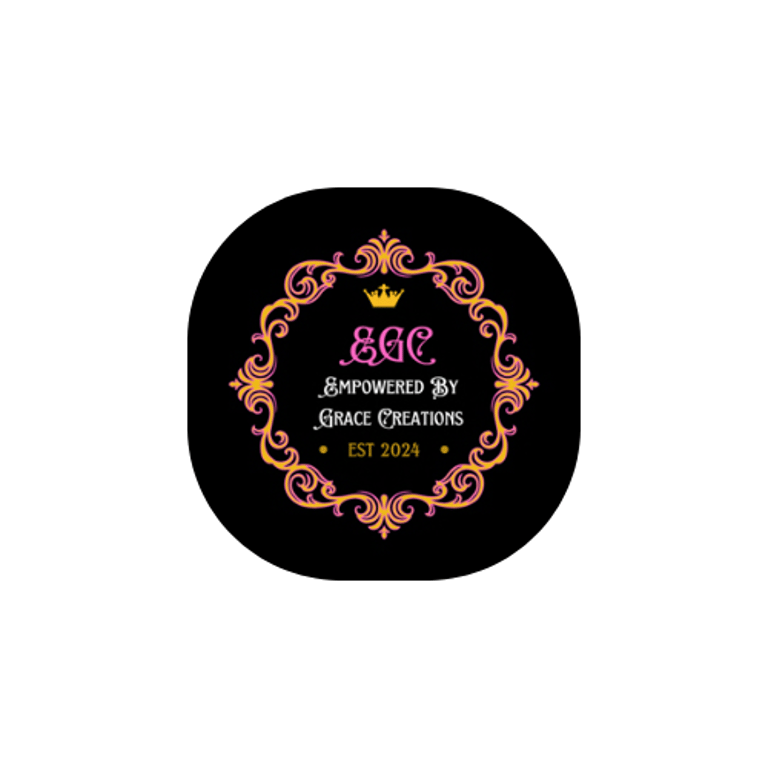Gen Z and Mental Health: 2025 Trends Brands Must Follow. Gen Z and Mental Health.
Gen Z and mental health — Discover how Gen Z’s focus on mental well-being in 2025 is driving brand alignment, offline communities, and authentic engagement. Gen Z and Mental health.
Sarah Gordon-Woodard, MBA, BSN RN
3/31/20253 min read


Introduction
In 2025, mental health is more than a personal priority — it’s a cultural movement led by Gen Z. According to Verywell Mind, this generation is shifting the conversation around mental well-being and expecting brands to do the same. From mental health awareness campaigns to fostering real-life communities, Gen Z is redefining authenticity. In this article, we’ll explore how mental health prioritization is shaping consumer behavior, brand strategies, and digital culture — and what businesses can do to connect meaningfully.
H2: Why Mental Health Prioritization Matters to Gen Z
H3: Authenticity Over Perfection
Gen Z is tired of curated perfection. They seek brands and influencers who are open about mental health struggles and authentic in their communication.
H3: Mental Well-Being as a Lifestyle
For Gen Z, mental health isn’t just about therapy or self-care routines — it’s woven into daily habits, decision-making, and social interactions.
H3: Influence of Social Media
While social media has been both a cause and cure for mental health struggles, Gen Z is using platforms like TikTok and Instagram to normalize conversations around mental health.
H2: How Brands Are Responding to Gen Z’s Mental Health Focus
H3: Inclusive Campaigns
Brands like Headspace, Nike, and Dove are crafting campaigns around mindfulness, body positivity, and mental resilience.
H3: Mental Health Days and Wellness Policies
Companies are introducing mental health days and wellness initiatives to attract young talent and build trust with Gen Z consumers.
H3: Co-Creation with Communities
Instead of top-down marketing, brands are collaborating with Gen Z communities to shape narratives that feel genuine and participatory.
H2: The Rise of Offline Communities for Mental Well-Being
H3: Why Offline Matters
Despite being digital natives, Gen Z craves offline spaces where they can unplug and connect genuinely.
H3: Community-Based Events
Workshops, pop-up events, and local meetups are gaining popularity as safe spaces for mental health dialogue.
H3: Mental Health Clubs on Campus
Universities and schools are seeing a surge in student-led mental health clubs focused on peer support and advocacy.
H2: The Role of Technology in Supporting Mental Health
Headspace & Calm
Accessible meditation and mindfulness tools
Mental health content through Reels and Stories
TikTok
Peer-to-peer mental health tips and awareness challenges
Discord
Private servers for mental health discussions and support
H2: Brand Examples Leading the Mental Health Conversation
H3: Nike’s Mental Health Advocacy
Nike has partnered with mental health organizations and launched campaigns focusing on the mental well-being of athletes.
H3: Dove’s Self-Esteem Project
Dove continues to champion body positivity and mental health education through workshops and digital resources.
H3: Sephora’s Community Circles
Sephora has introduced community-based mental wellness discussions, blending beauty with mental self-care.
H2: What Gen Z Expects from Brands in 2025
Transparency and authenticity
Active mental health advocacy, not just token campaigns
Accessible resources (hotlines, guides, digital content)
Support for community-driven initiatives
H2: How Small Businesses Can Align with Gen Z Values
H3: Start Local
Support local mental health initiatives or host mental wellness workshops in your community.
H3: Social Media Strategy
Create safe spaces for discussion, and avoid overly polished content that feels inauthentic.
H3: Foster Real Relationships
Engage with your audience by listening to feedback, acknowledging struggles, and being human.
H2: Conclusion
In 2025, Gen Z’s prioritization of mental health is a game-changer. Brands that foster authentic connections, support mental well-being, and encourage offline communities will earn lasting loyalty. The question isn’t whether to join this movement — it’s how.
FAQs
Q1: Why is mental health so important to Gen Z?
Gen Z values authenticity and well-being, seeing mental health as essential for a balanced, meaningful life.
Q2: How can brands support mental health?
By creating inclusive campaigns, offering mental health resources, and partnering with community initiatives.
Q3: Why are offline communities becoming popular again?
Despite being digital natives, Gen Z seeks real-life connections that foster trust and genuine dialogue.
Q4: What types of content resonate most with Gen Z?
Authentic, unfiltered content, personal stories, and mental health tips resonate strongly with Gen Z audiences.
Q5: How can small businesses get involved?
They can support local initiatives, host community events, and communicate openly with customers.
Q6: Which platforms are best for mental health content?
TikTok, Instagram, and Discord are key platforms where Gen Z engages in mental health conversations.
